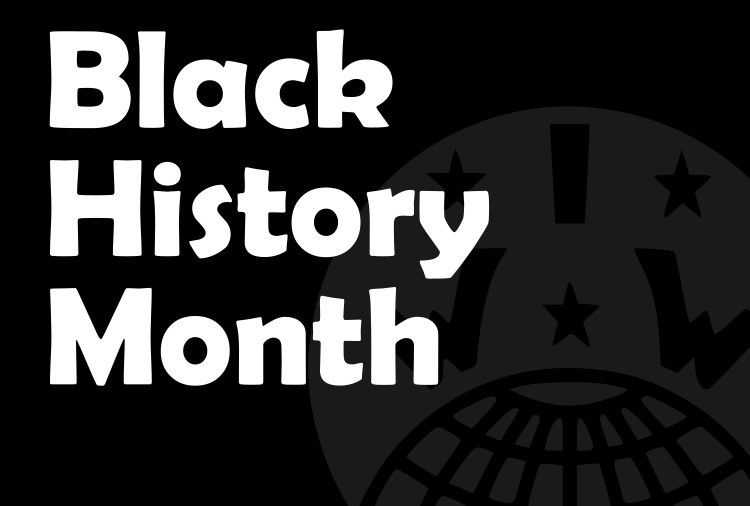Andrea Gilbert, IWW BAME officer
BAME workers have been disproportionately affected by the Coronavirus pandemic from deaths to redundancies. BAME workers are over represented in sectors hit worst by the economic crisis. The UK is set to go into the worst recession for 300 years with the highest rates of furloughed jobs and reduncies within jobs with the highest number of BAME workers.
Black men and women are twice as likely to die from coronavirus than White men and women. Black people are more likely to be homeless or live in overcrowded accommodation which can make spreading the virus much easier. Black African families are more likely to be living on £30,000 or less compared with white families living on an average of £282,000
Risk assessments are used to consider the physical and mental health of vulnerable workers which support BAME workers, those with pre existing health conditions and older workers. During the pandemic it was exposed that risk assessments were not available for BAME workers with some working when they should have been shielding or did not have access to PPE.
Black and ethnic minorities communities have faced the brunt of this virus with high death rates and job losses. The pandemic is bringing awareness of the harsh realities these groups face in terms of racial inequalities within Health, the Labour Market, housing and education. A Runnymeade trust report 2020 found “Some BAME groups are less likely to have wealth to help weather a financial downturn.”
The IWW stands by BAME workers. If you want to organise in your workplace, or get involved with BAME organising in the IWW please get in touch with me on Bame [at] iww [dot] org [dot] uk and please look out for updates on training on the IWW website or in Wildcat.
